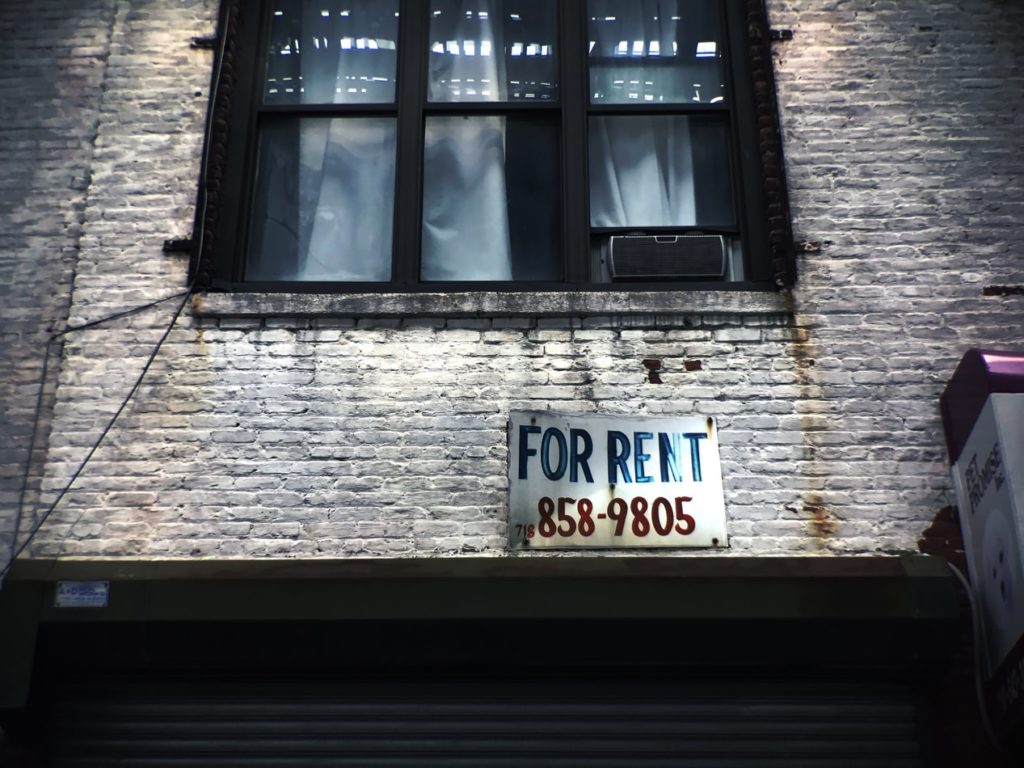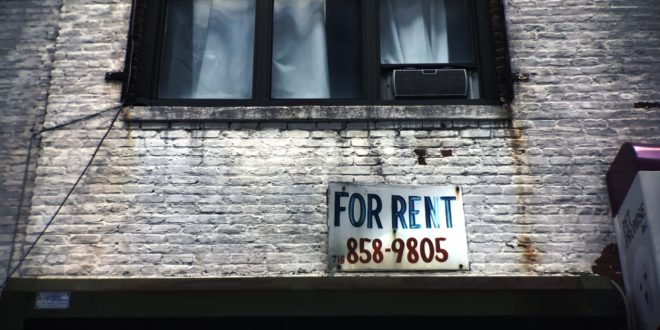What you can do with your retirement savings
 If you’re lucky enough to retire with a substantial nest egg – or mortgage-free home – you might be wondering what you should do with it. One option is to invest in property, which would add to your wealth and provide a small extra income from rent, to boost your Super. We talked with Johnny Sinclair, General Manager at Bayleys Real Estate, for the inside scoop on property investment.
If you’re lucky enough to retire with a substantial nest egg – or mortgage-free home – you might be wondering what you should do with it. One option is to invest in property, which would add to your wealth and provide a small extra income from rent, to boost your Super. We talked with Johnny Sinclair, General Manager at Bayleys Real Estate, for the inside scoop on property investment.
There are some aspects of buying and owning property that you should consider before you decide.
Good reasons to invest in property
In spite of changing legislation, there are still excellent reasons for putting your nest egg into investment property.
It’s a buyer’s market
You may have noted in the media that the property market is ‘cooling’. Prices have levelled off somewhat, and sales have dropped. One reason may be that foreign buyers were banned from buying property in 2018, so the competition for available stock has eased. Other drivers are the new healthy homes standards, prompting some landlords to sell rather than face the cost of compliance.
All of that means it’s a good time for you to buy investment property. If you’re handy, you might take care of any urgent repairs yourself. But resist buying something that needs a lot of expensive work – you may never recover your investment.
“Location is critical,” Johnny agrees. “Close to good schools, transport, university for example, or in suburbs that are close to the city, but self-contained with cafes, supermarkets, and a community with a heart – they’re always good.”
There’s still a housing shortage
According to Johnny, there’s still a housing shortage, and that makes property a relatively safe investment.
“People look at investments for different reasons,” he explains. “Some want the capital gains, and others want the cashflow upfront, to start spending the money. With an investment property you’ve got the opportunity to do both.”
Owning an investment property means you’ll receive income from rent. It’s a great way of topping up your Super so you can live comfortably and afford a few luxuries – dinners out, travel, gifts for grandchildren. Depending on your property’s expenses, the rental income could be higher than you’d get if you put your nest egg in a savings account.
Tax advantages
You get a tax advantage with rental income – although you’ll have to pay income tax on it, you can deduct any maintenance expenses and the interest on any mortgage you owe on the property. Your income tax on rent could be substantially reduced, and any refund at the end of the tax year will go toward future income from rent.
The disadvantages of owning a rental
Being a landlord could get a lot more expensive
You might find just the right property to buy, but before you make an offer, find out if it meets the new healthy homes standards, and what it might cost you if it doesn’t. You still have time to make changes if you decide it’s worth it. Johnny sees the standards as a good thing – a compliant rental property that’s been well maintained will be easier to rent, attract better tenants, and when you sell, it will be snapped up.
Be prepared to hang on to your investment
Tax law changes mean that for you to realise tax-free capital gains, you need to hang on to your property for five years. That means investing for the long term – which you should do anyway to realise the best capital gains.
“For people who are wanting to play the long game, property is an absolute slam dunk,” Johnny assures us. “If you’re 50+ you still have 20-30 years up your sleeve.”
It’s not the tax break it used to be
Another law change prevents you from off-setting property expenses onto other income for tax advantage. Where once you could reduce your income tax liability all round, and even get a refund most years, now you can only put any overpayment aside to offset next year’s rental income. Remember that property expenses may be more one year than the next, so that refund won’t be lost altogether.
Owning a rental takes care and attention
When you’re thinking of investing in a rental property, it’s important to consider your own lifestyle, fitness and capability. If you’re handy and you want to be up and doing, you could make a rental pay better by carrying out a lot of the maintenance yourself.
But you might be looking forward to a quiet life now you’re retired, in which case owning a rental could be too much work and aggravation. It’s not just maintenance – gutters, lawns, leaks in the roof – it’s also dealing with tenants. Most look after the property and pay their rent on time, but some can be so much trouble they wipe out any income and make your life a misery. Johnny agrees:
“That’s the big thing. I guess one solution is investors with three or four properties selling them up and buying one of the same value to get a better tenant. You’re not dealing with four different tenants”.
Wanting a quiet life doesn’t mean you shouldn’t own a rental – if you can afford it, put your property into a manager’s hands and relax while you reap the benefits. Some of your rental income will go towards the manager’s fee, but it might be worth it, especially with a professional looking after those tenants!
Look before you leap
There’s a lot to consider when you’re buying investment property. Healthy home compliance, tax law changes and plain hard work can’t be ignored. Meanwhile, you could find just the right low-maintenance dwelling for the long-term investment of your nest egg, top up your Super with the rent it brings in, and sell it in five years or more, for a tax-free capital gain.
When you’ve done your homework, you’ll know if investing in property is right for you.









Join the Discussion
Type out your comment here:
You must be logged in to post a comment.